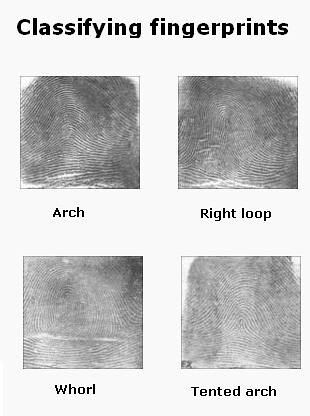
Ok, usually I don't read my spam, but this caught my eye:
Subject: in waiting
Ooh u, bonny varmint. ya do have eyes for a gratis French stuff, I know it. But damn, who do not. Visit me and ball off on my pictures, my dear.
and then the web site, replacing the dots with spaces to foil spam filters and some very unusual junk words. I'm not sure how it got through the filters (and I'm not really that concerned. But, at least it was kind of poetic.
[Picture credits: http://flickr.com/photos/earlg/ used under the creative commons license]




